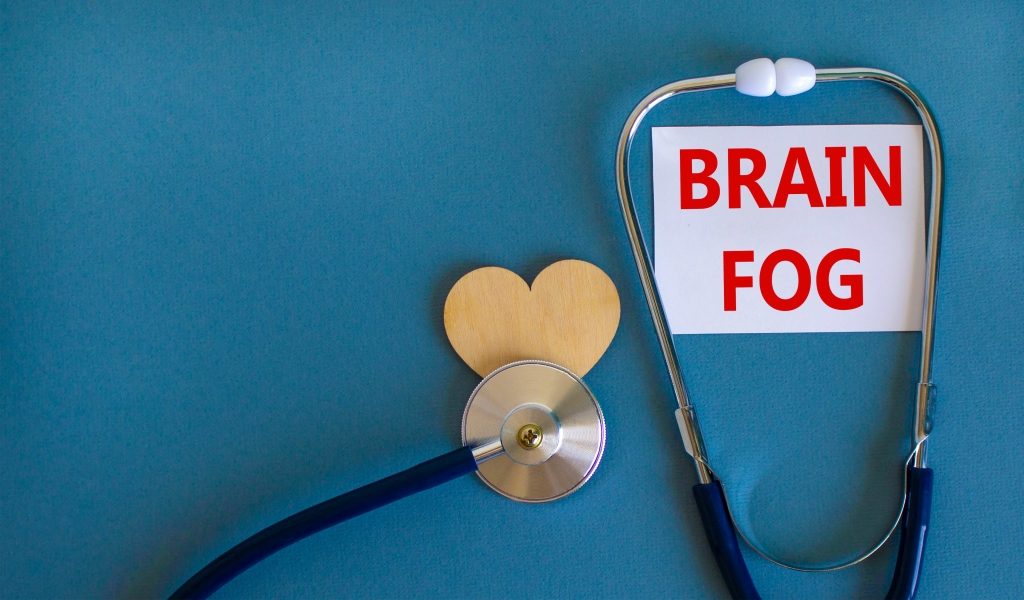Vitamin B1 (thiamine) deficiency from chronic drinking impairs the optic nerve. Alcohol’s effect on the central nervous system also triggers twitching and blurred vision. If you’re noticing these symptoms, they signal underlying damage from alcohol consumption that needs medical attention. Alcohol consumption can temporarily impair visual performance, resulting in double or blurred vision.
- Your symptoms from light alcohol use will ease when you take breaks and drink enough water.
- Temporary effects of excessive alcohol and eyesight result in blurry and distorted vision.
- By understanding the potential risks and taking steps to protect your eyes, you can enjoy social drinking responsibly while safeguarding your precious sight.
- Register for free and gain unlimited access to the latest in optometry news and featured content.with personalized daily picks for you.
We Care About Your Privacy
- Chronic alcohol consumption may result in the development of sight-threatening diseases.
- Excessive drinking leads to sleep disturbances, dehydration, stress, anxiety, and eye strain.
- Your body safely digests moderate amounts of ethanol in alcoholic drinks.
Catching problems early allows for more effective treatment and lifestyle adjustments to preserve eyesight. Most people know about the most common risks excessive alcohol consumption poses to your health, including liver damage, anemia, cardiovascular alcohol and vision loss disease, and depression. What many don’t know, though, is that heavy drinking can damage eyes.

Alcohol abuse can take a toll on your eye health.
We experience rapid eye movements at night during our REM cycle of sleep. Rapid eye movements while awake, however, are a rare and unusual occurrence. Terry Hurley is a retired educational professional and freelance writer with more than fifty years of experience.
What should I avoid if I have macular degeneration?
Discover how moderate and chronic alcohol consumption impacts ocular health and tips for optometrists to educate patients on responsible drinking habits. The potential long-term issues relate to changes to the eyes’ structures or the communication between the eyes and brain. These effects may be more permanent and can include reduced vision, migraine headaches, sensitivity to light, and even blindness. Alcoholic eyes, also known as alcohol eyes or drinker’s eyes, are a temporary visible sign of intoxication. Heavy or chronic alcohol use can have adverse effects on the brain and nervous system, causing physical changes in the eye’s appearance.

- Drinking in moderation (defined as one drink per day for women and two drinks per day for men) isn’t going to cause any lasting negative problems with your eyes.
- It’s not clear if alcohol avoidance or limitation will prevent early AMD.
- Individuals with diabetes who also engage in regular alcohol consumption are at an increased risk of developing diabetic retinopathy (DR).
Throughout treatment, clients experience the warmth and compassion of an entire staff that cares deeply about their success. Treatment for alcoholic eyes involves more than eye drops; you will require medical detox, vitamin therapy, and addressing the root cause, alcohol use disorder. People who have systemic disease should avoid drinking alcohol. Consumption may worsen a person’s prior diagnosis or increase the chance of developing a serious eye disease.

Many people experience a narrowing of their visual field when drinking, often referred to as “tunnel vision”. This reduction in peripheral awareness can be particularly dangerous when driving or navigating unfamiliar environments. When you are drinking, your body turns all of its focus to the alcohol pumping through your organs and bloodstream. It is eliminating https://lotticons.com/what-is-the-debt-ratio/ the alcohol, not focusing on essential functions like absorbing and storing important vitamins. If someone is suspected of having nystagmus, they will likely undergo a CT scan or an MRI to get a scan of the brain. Often, these rapid eye movements are due to neurological problems in the brain.
Low to moderate alcohol consumption may prevent some eye diseases such as central retinal vein occlusion (RVO), the blockage of eye veins. But why exactly is alcohol consumption a threat to your vision? Well, alcohol slows down the communication between neurotransmitters in the brain. Neurotransmitters are necessary for the brain to communicate with the rest of the body and vice versa.
If you are concerned about the amount you are drinking and are unable to stop on your own, help is available. English Mountain Recovery offers flexible treatment programs to help clients move into recovery. By Lindsay CurtisCurtis is a writer with over 20 years of experience focused on mental health, sexual health, cancer care, and spinal health. The frontal cortex is the brain’s center for higher-order functions like planning, decision-making, and impulse control.
In addition to the impairing effects of drug addiction treatment overindulging, excessive drinking can affect the feeling and appearance of your eyes. It can cause them to turn red because consuming alcohol causes the vessels in your eyes to swell and fill with blood – hence the term bloodshot eyes. Your eyes may also get very dry because alcohol is a diuretic, making you urinate more and causing dehydration. However, binge drinking and long-term alcohol abuse can damage the optic nerve, leading to vision loss.
